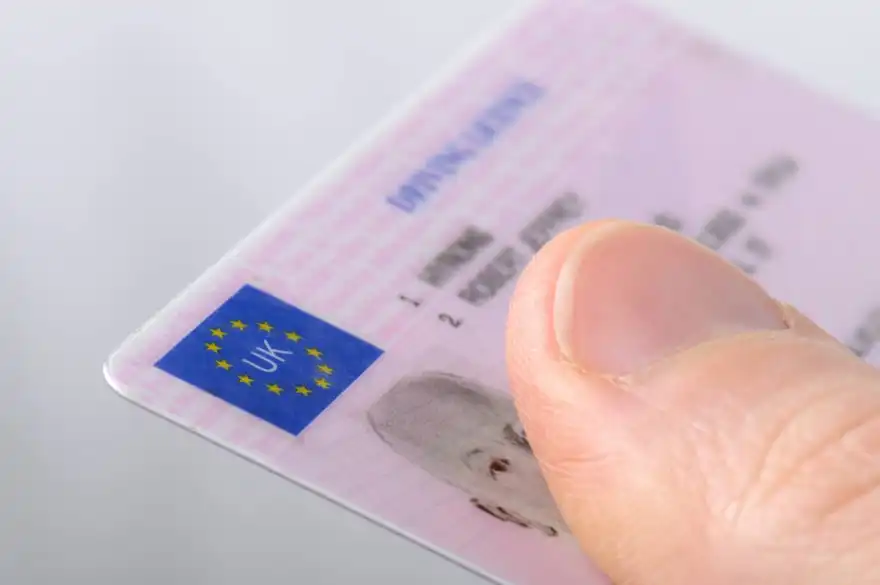
Motorists could face a £1,000 fine if they fail to inform the DVLA about medical conditions that may affect their ability to drive safely.
Drivers must report any medical condition or disability that could impact their driving. If they already hold a licence and develop a "notifiable" condition—or if an existing condition worsens—they are legally required to inform the DVLA.
Failing to do so could result in a £1,000 fine, and in the event of an accident caused by an undeclared condition, drivers may also face prosecution.
Common Medical Conditions That Must Be Reported
The DVLA requires drivers to disclose a wide range of conditions, including:
- Diabetes (if treated with insulin for over three months)
- Heart conditions (such as arrhythmia or heart failure)
- Sleep disorders (including severe sleep apnoea)
- Neurological conditions (such as epilepsy, strokes, or brain injuries)
- Vision problems (including cataracts, double vision, and tunnel vision)
When You Must Surrender Your Licence
Drivers must return their licence to the DVLA if:
- A doctor advises them to stop driving for three months or longer.
- Their condition affects their ability to drive safely for more than three months.
- They no longer meet the medical standards for driving.
Once they meet the required medical standards again, drivers can apply to get their licence reinstated—usually with a doctor’s approval.
Full List of Reportable Conditions
The DVLA's list of notifiable conditions includes, but is not limited to:
- Alzheimer’s disease
- Amputations
- Angiomas
- Anxiety disorders (if they affect driving ability)
- Arthritis
- Bipolar disorder
- Blood pressure issues
- Brain injuries or tumours
- Cataracts
- Dementia
- Depression (if it affects driving ability)
- Epilepsy
- Heart disease
- Huntington’s disease
- Learning disabilities
- Motor neurone disease
- Narcolepsy
- Parkinson’s disease
- PTSD (if it affects driving ability)
- Schizophrenia
- Severe vision impairment
- Sleep apnoea
- Stroke (if symptoms persist after one month)
- Tourette’s syndrome (if it affects driving ability)
What to Do Next
If you have a condition that might affect your driving, check the full list on the DVLA website. Reporting your condition is straightforward and helps keep UK roads safer for everyone.




